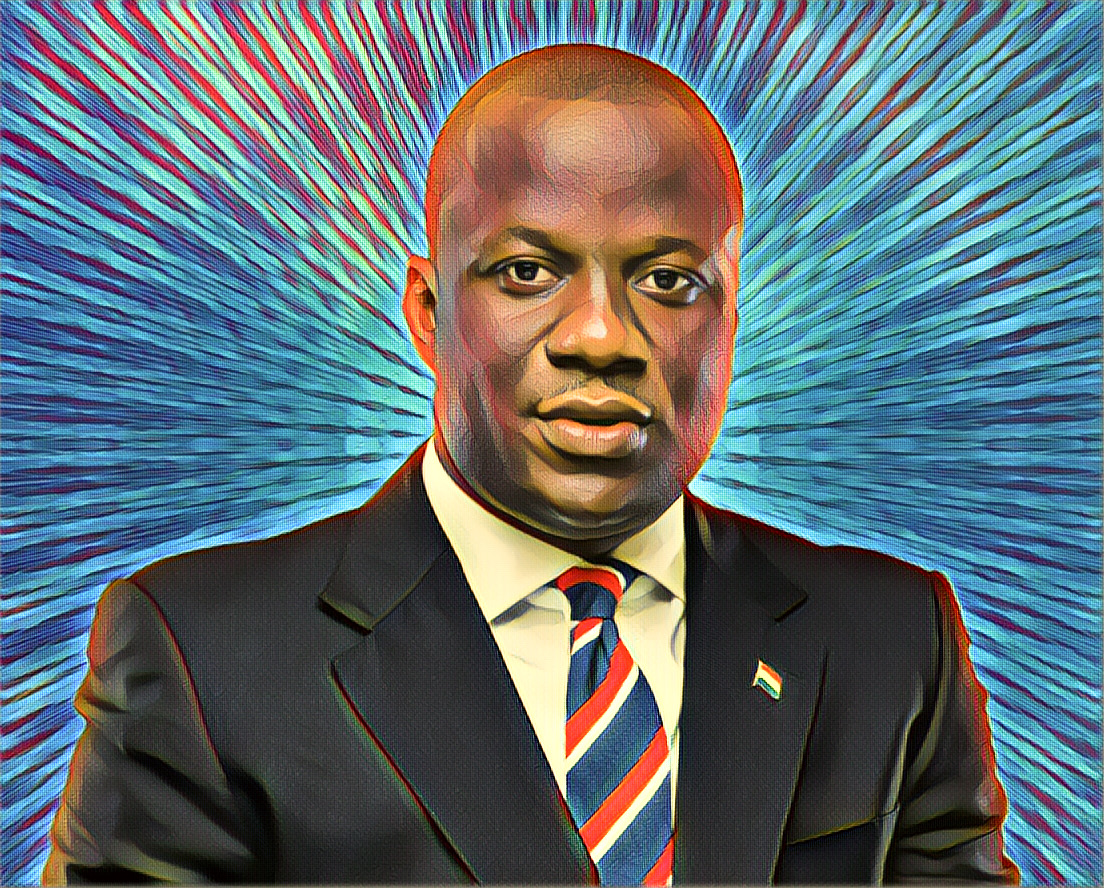Around 500 mineral exploration initiatives in Ghana are underway, targeting gold, lithium, copper, and cobalt, according to Samuel Abu Jinapor, Minister of Lands and Natural Resources. He revealed this information, noting recent studies showing promise for iron ore, nickel, and other minerals.
According to a report by Graphic Online, the exploration efforts are part of the government’s plan to develop a strong, diverse mining sector. Jinapor, also the Damongo MP, first promoted this call at the China Mining Conference and Exhibition in Tianjin. He urges global mining corporations to join the mining value chain, emphasizing the government’s focus on adding value.
In a follow-up with Graphic Online, Jinapor insisted that these resources must aid national development. The China event aimed to attract strategic investors by highlighting Ghana’s rich mineral reserves.
Addressing gold, the minister debunked the myth of its presence being limited to specific zones in Ghana. He cited the active engagement of Shandong Gold Group, which is set to open a significant mining operation in the country’s north.
With 16 major mining sites in Ghana, gold remains the primary focus, accompanied by manganese and bauxite. Jinapor announced a lithium mining project awaiting parliamentary approval.
He highlighted that companies, including some with considerable Chinese investments, operate these mines. Supporting the industry, 235 companies provide services like drilling and mining.
Regarding bauxite, Jinapor pointed out Ghana’s potential to increase production significantly, mentioning the sole bauxite mine currently in operation.
Besides gold, Ghana boasts minerals like diamonds and those critical to green energy transitions. The government seeks to harness technology for these resources’ exploitation.
Jinapor reassured investors of Ghana’s commitment to mining-friendly policies, environmental sustainability, and safeguarding stakeholder interests. He touted Ghana’s stable governance and the rule of law as investor protections.
Government reforms are advancing efficiency, transparency, and local participation in the mining sector, he added. GIADEC and GIISDEC are seeking private investment partnerships to expand aluminum and iron and steel production, respectively.
The automotive industry’s presence in Ghana underscores the iron and steel sector’s investment potential.
Ghana remains Africa’s top gold producer, a major contributor to its mineral revenue. With China as a significant trading partner, the nations share a robust economic and infrastructural relationship.





1 comment
888slot khẳng định đẳng cấp quốc tế thông qua chính sách bảo mật đa tầng, ngăn chặn tuyệt đối mọi hành vi xâm nhập trái phép. TONY01-09